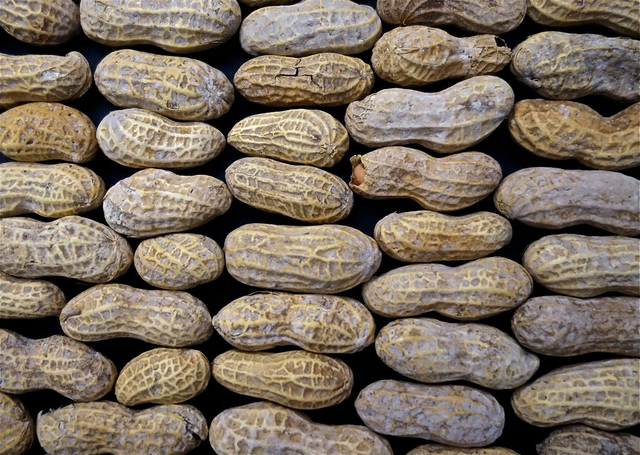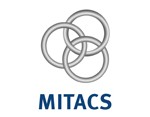
A second patient, an 80-year-old woman with no history of peanut allergies, experienced anaphylaxis from eating peanuts several days after receiving frozen plasma. An investigation later determined the plasma donor had a history of peanut anaphylaxis. (Photo Credit: Dean Hochman, flickr.com)
Anecdotal evidence has shown that allergies can sometimes be transferred between patients through blood and plasma transfusions.
Researchers believe transfusions can temporarily cause food-based allergies in recipients, however they are so rare they do not believe that individuals with existing allergies should be excluded as donors.
As a recent example, an eight-year-old boy in Toronto with no history of food-based allergies, was brought to the emergency department after experiencing anaphylaxis from eating salmon. The boy, who received blood transfusions over the course of a chemotherapy treatment for cancer, had eaten salmon several weeks before with no negative effects.
Over the next several months the boy’s family slowly began introducing the foods the boy had become allergic to, without causing an anaphylactic reaction.
Original research paper published in CMAJ on April 7, 2015.
Names and affiliations of selected authors


